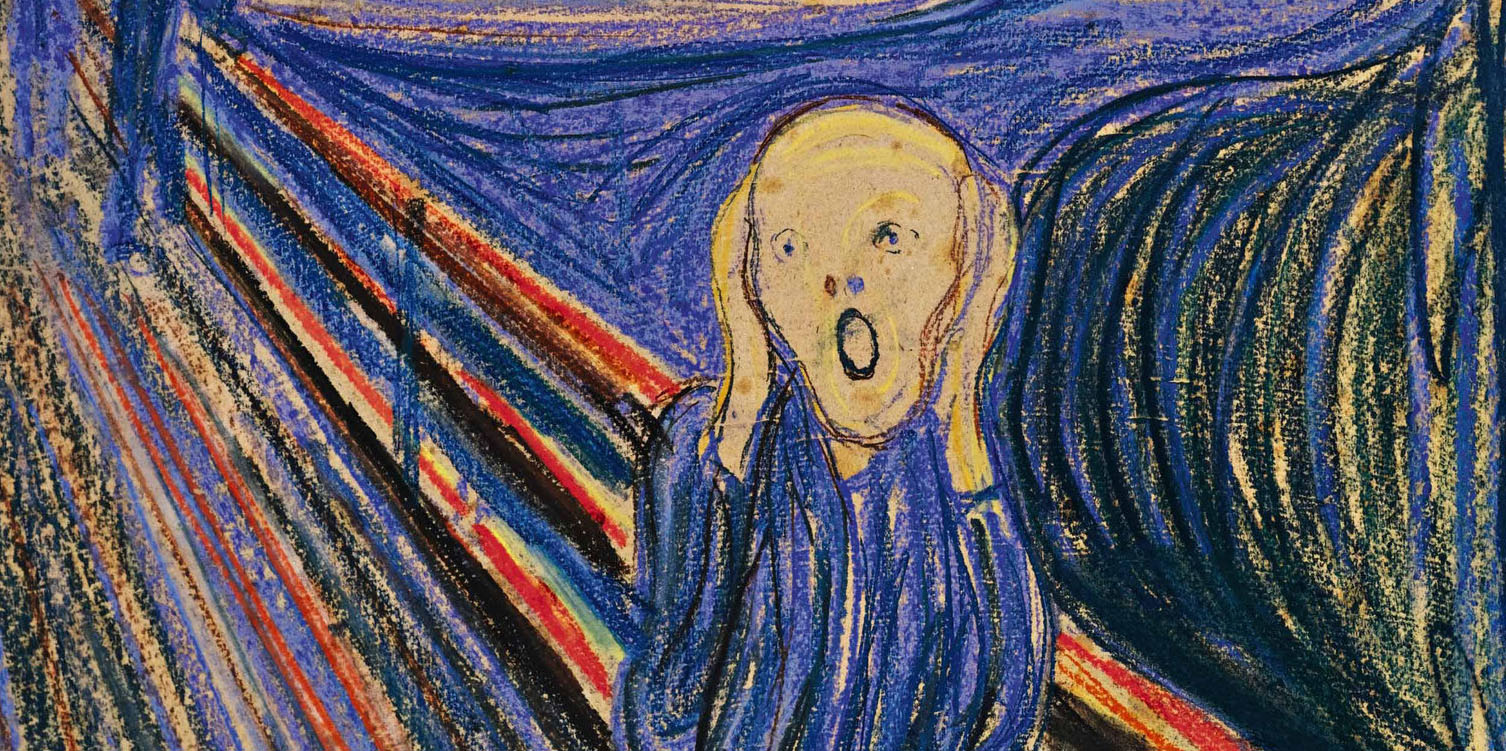How political debate degenerated into cacophony
Ravi Shanker Kapoor | December 19, 2016 10:54 pm

With the government and the opposition accusing each other of running away from debate, and commentariat splitting hairs to apportion culpability, it is worth asking pertinent questions: How did the body politic come to this sorry state? How and why did debate degenerate into cacophony?
It is futile to seek answers from the daily theatrics of our political masters. Consider a few comments occasioned by the demonetization move. Congress vice-president Rahul Gandhi said on Saturday at a rally, “Just how we say ‘manmade disaster in English, demonetization is a Modi-made disaster.” Earlier, he had claimed that he had such damning information on Narendra Modi that it would “explode the PM’s balloon.” He also lamented that he was not being allowed to speak in Parliament, a lament also echoed by the Prime Minister.
On Friday, addressing the Bharatiya Janata Party’s last parliamentary party meeting this year, the Prime Minister had quoted from former civil servant Madhav Godbole’s book. He described a conversation in 1971 between Indira Gandhi and a Cabinet minister Y.B. Chavan. “Mrs. Gandhi turned down the proposal to demonetize, asking Mr. Chavan whether he expected the Congress never to contest another election. This proves that for them [the Congress], party is above country,” Modi said. He also quoted the late Marxist leader and Parliamentarian Jyotirmay Basu’s advocacy of demonetization in Parliament in 1972. Basu had termed the Indira Gandhi regime “for, by, and of black money.”
Apart from slamming the Left for electorally compromising with the Congress and diluting their ideology, Modi also castigated his predecessor, Manmohan Singh, for the latter’s criticism of demonetization. Standard trading of charges and counter-charges, which produce more dust and murk than light.
Even as politicians take potshots at each other, the queues at banks and ATMs persist and reports about job losses continue to pour in. For both the government and the opposition, demonetization is nothing but an opportunity to score brownie points; everybody indulges in sentimentalist orgies and nobody wants a meaningful dialogue over the subject; they only want to, and do, hurl charges at each other, including the one that the other side is running away from debate.
Political debate has not come to such a pass in a short time; it has taken decades of suppression of liberty in politics. Right after Independence, there has been a centralizing tendency in political parties; it gained strength over the years. The tendency was also a function of socialism, the ideology that India under Nehru embraced; one of its defining features is centralization. Since the Constitution, as conceived by the founding fathers, was liberal in spirit, successive governments drastically amended it to make it amenable to their ideology; a natural corollary was the curtailment of Fundamental Rights. It resulted in the abrogation of one Fundamental Right, to property, and severe restriction on the second, the right to freedom of expression.
In the political arena, it translated into the unmanning of the representatives of people and, concomitantly, an obscene empowerment of party managers. The instrument was the anti-defection law. The 52nd amendment, which was added to the Constitution as the tenth schedule, during Rajiv Gandhi’s tenure in 1985, the legislation was intended to check the ‘Aya Ram, Gaya Ram’ phenomenon. The Statement of Objects and Reasons of the Fifty-second Constitution Amendment Bill, 1985, said: “The evil of political defections has been a matter of national concern. If it is not combated, it is likely to undermine the very foundations of our democracy and the principles which sustain it.”
A member could be disqualified in two circumstances: first, if he/she “voluntarily gives up membership of a party”; second, if he/she votes, or abstains from voting, contrary to the directive issued by the party. However, if one-third members of a party decide to form a new political group, or merge with another political party, they could not be disqualified.
In 2003, the law was amended; it was stipulated that the setting up of a new party or merger would require at least two-third members of a legislature party. The subjection of lawmakers to party bosses was complete. Unsurprisingly, the law minister at that time was Arun Jaitley, the party manager par excellence.
Over three decades have passed since the enactment of the illiberal legislation. Since then, “the very foundations of our democracy and the principles which sustain it” have only been further weakened. As it often happens in our country, the remedy has proved to be worse than the malady.
Unfortunately, nobody has even bothered to have a look at the efficacy of the anti-defection law. Obviously, it has neither strengthened the foundations of our democracy nor checked political corruption; there is more cynicism about politics today than it was in 1985, and for good reason.
The anti-defection law, which is a big crime against democracy, has diminished people’s representatives; they have been rendered as putty in the hands of top leadership; they have been practically enslaved by the ‘high command.’ Even the phraseology reeks of slavery and feudalism; there are ‘whips’ that keep the leaders directly elected by the people of India under control. There are also whips in the British Parliament, the template of our democracy; but whips are advisories rather than coercive instruments as they are in India. In the UK, an MP can at worst lose his membership of the party but not of the House.
Apart from this illiberal legislation, certain practices have gained currency over the years. I listed them in the article ‘Right learns Left’s dirty tricks’ (https://thehinduchronicle.com/2016/11/right-learns-lefts-dirty-tricks/): argumentum ad hominem (that is, the form of argumentation in which the arguer rather than the argument is attacked), guilt by association, plain calumniation, sentimentalism.
The result is for all to see: political discourse has been distorted beyond recognition.






























